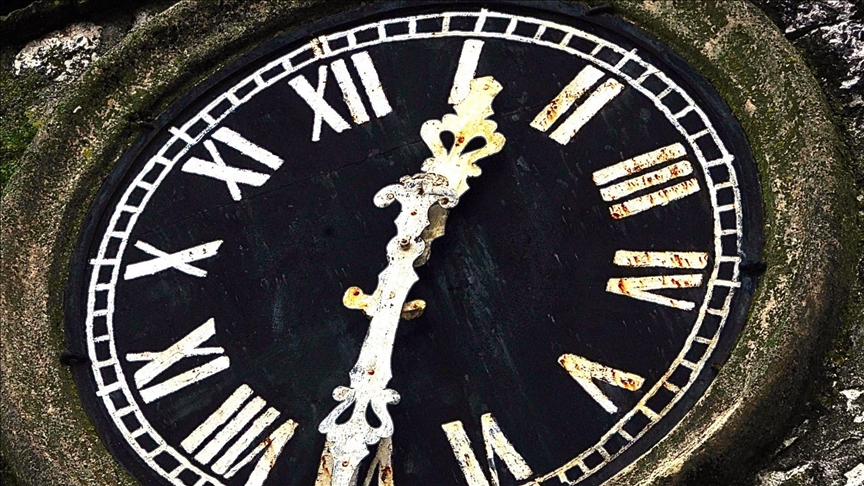How changing clock impacts health
Turning clocks back appears less harmful to health than spring shift, which has been linked to rise in heart attacks, road accidents, according to experts

ISTANBUL
Changing the clocks is associated with a wide range of health effects, including car accidents and heart attacks, according to a report on Saturday.
As the clocks go back in autumn, the extra hour of sleep might seem like a welcome bonus, offering more time to relax or stay cozy in bed. However, research suggests the time change may increase the risk of depressive episodes, the BBC reported.
On the upside, turning the clocks back appears less harmful to health than the spring shift, which has been linked to a rise in heart attacks, strokes, and road traffic accidents.
Growing evidence indicates that changing the clocks can negatively impact health. The most significant effects are seen in the spring, when clocks are set forward, resulting in darker mornings, lighter evenings, and the loss of an hour of sleep.
Research shows that moving clocks forward in spring can negatively affect health. Studies from multiple countries report a modest 4% rise in heart attacks and an increase in strokes after the clocks were set forward.
It may also worsen mood disorders, depression, anxiety, and substance abuse. Additionally, fatal car accidents in the US rise by about 6% in the weeks after the spring shift, likely due to lost sleep.
Shifting the clocks forward disrupts the body’s circadian rhythm, which regulates sleep and wakefulness. Sunlight normally signals the brain to produce melatonin at night and cortisol in the morning.
Springing the clocks forward results in lighter evenings and darker mornings, interfering with melatonin production and making it harder to fall asleep while forcing people to wake earlier than their natural rhythm.
"Left to themselves, our internal circadian clocks naturally align with the light-dark cycle, so the only problem comes if you start arbitrarily defining time based on a clock," said David Ray, professor of endocrinology and co-director of the Sir Jules Thorn Sleep and Circadian Neuroscience Institute at the University of Oxford.
"Because then you'll have people who are being asked to live their lives against the clock. Their internal clock tells them it's 7 am, but the clock on the wall says it's 6 am, so they're one hour misaligned.
"Now you might think that's only a very small difference, but if you look at large enough numbers of people, you start to see that there are problems," Ray added.


